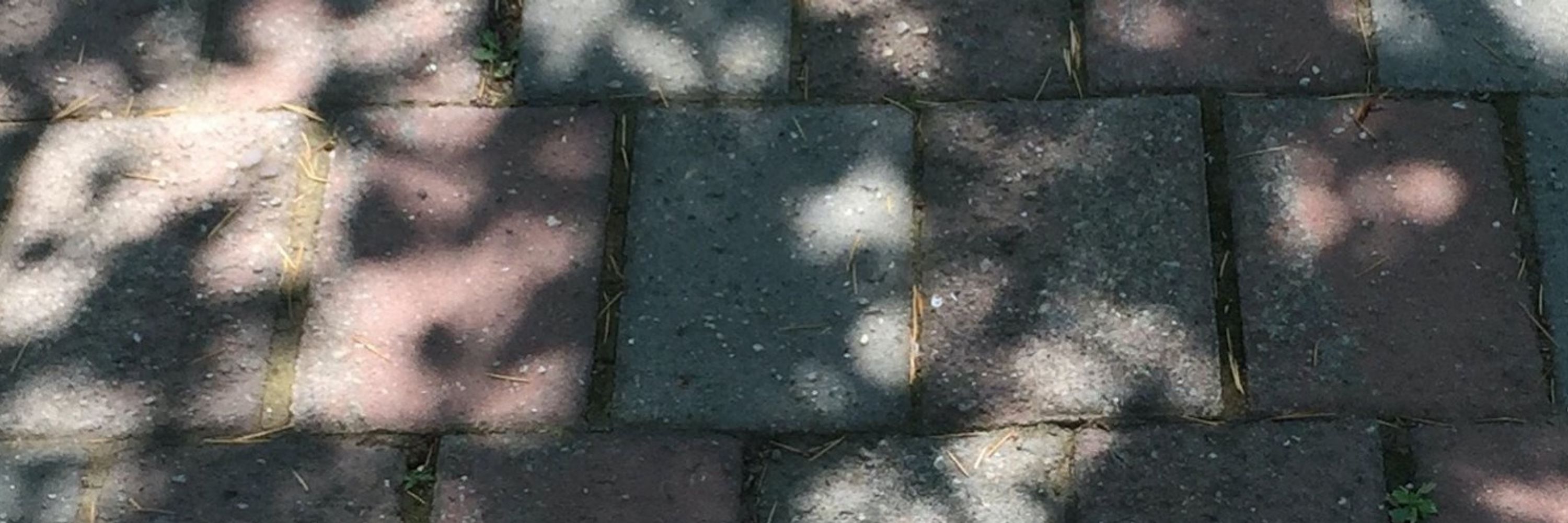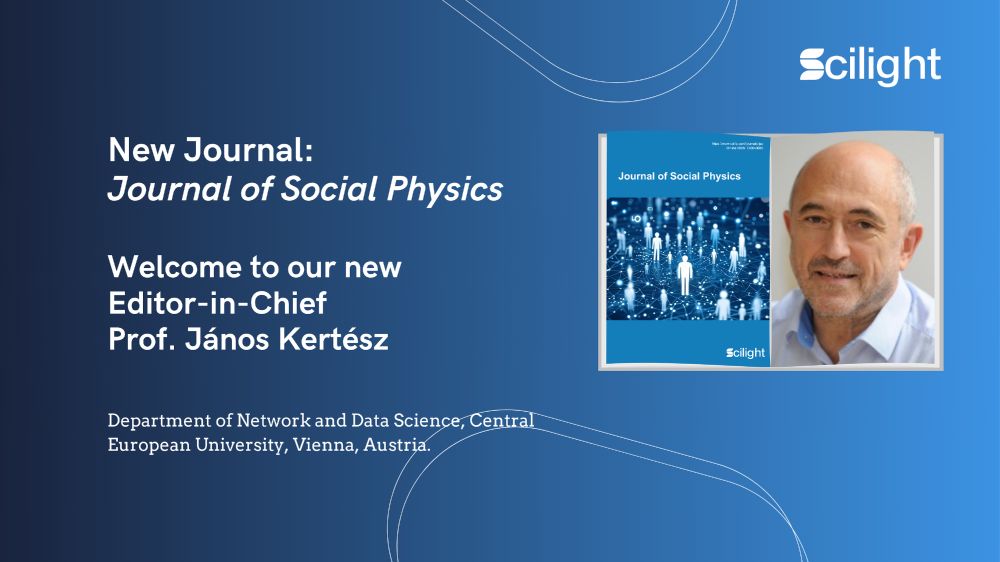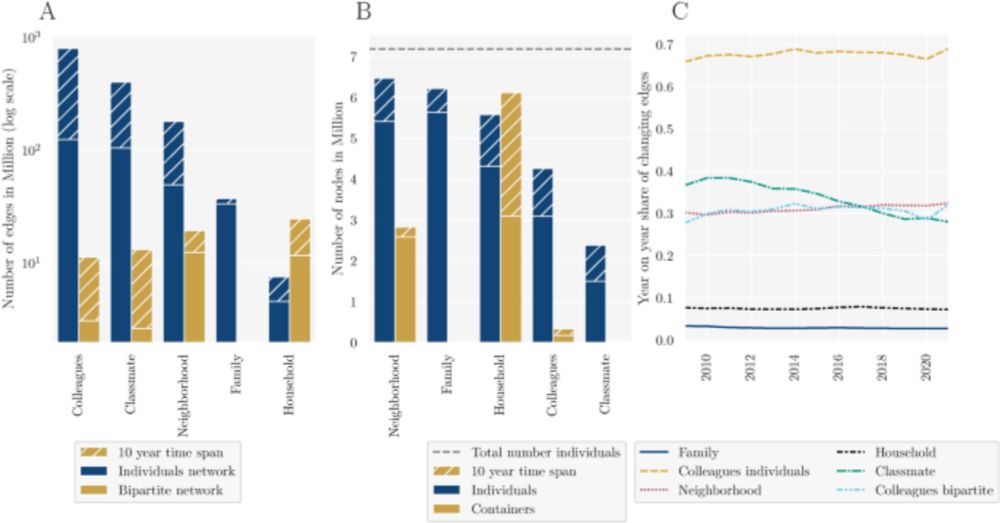Hang-Hyun Jo
@socph.bsky.social
350 followers
410 following
210 posts
Associate Professor at The Catholic University of Korea; statistical physics and complex systems; co-author of "Bursty Human Dynamics" (Springer, 2018); http://h2jo.xyz; he/him
Posts
Media
Videos
Starter Packs
Reposted by Hang-Hyun Jo
Hang-Hyun Jo
@socph.bsky.social
· Aug 30
Hang-Hyun Jo
@socph.bsky.social
· Aug 27

Hierarchical organization of bursty trains in event sequences
Temporal sequences of discrete events that describe natural and social processes are often driven by non-Poisson dynamics. In addition to a heavy-tailed interevent time distribution, which primarily c...
arxiv.org
Hang-Hyun Jo
@socph.bsky.social
· Aug 21
Hang-Hyun Jo
@socph.bsky.social
· Aug 15
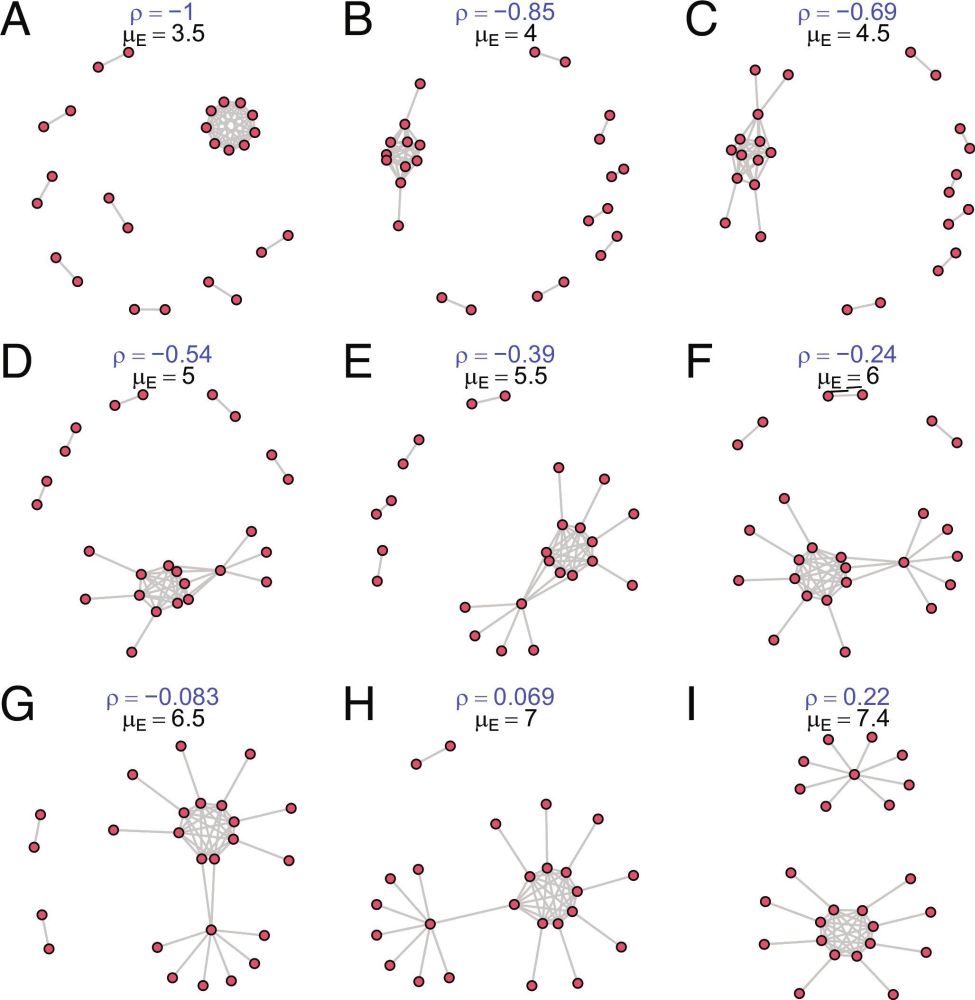
On the friendship paradox and inversity: A network property with applications to privacy-sensitive network interventions | PNAS
We provide the mathematical and empirical foundations of the friendship paradox in
networks, often stated as “Your friends have more friends than y...
www.pnas.org
Reposted by Hang-Hyun Jo
Hang-Hyun Jo
@socph.bsky.social
· Aug 13
Hang-Hyun Jo
@socph.bsky.social
· Aug 13

Copula-based analytical results of horizontal visibility graphs for correlated time series
The visibility graph (VG) algorithm and its variants have been extensively studied in the time series analysis as they transform the time series into the network of nodes and links, enabling to charac...
arxiv.org
Reposted by Hang-Hyun Jo
Takayuki Hiraoka
@takayukihir.bsky.social
· Jun 29
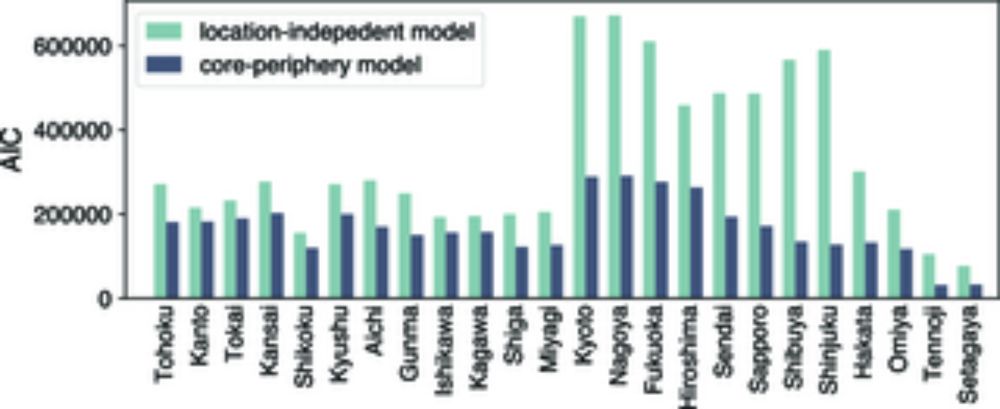
Geospatial analysis of toponyms in geotagged social media posts
Place names, or toponyms, play an integral role in human representation and communication of geographic space. In particular, how people relate each toponym with particular locations in geographic spa...
doi.org
Reposted by Hang-Hyun Jo
Reposted by Hang-Hyun Jo
Reposted by Hang-Hyun Jo
Takayuki Hiraoka
@takayukihir.bsky.social
· Jun 29
Hang-Hyun Jo
@socph.bsky.social
· Jun 15
Reposted by Hang-Hyun Jo
